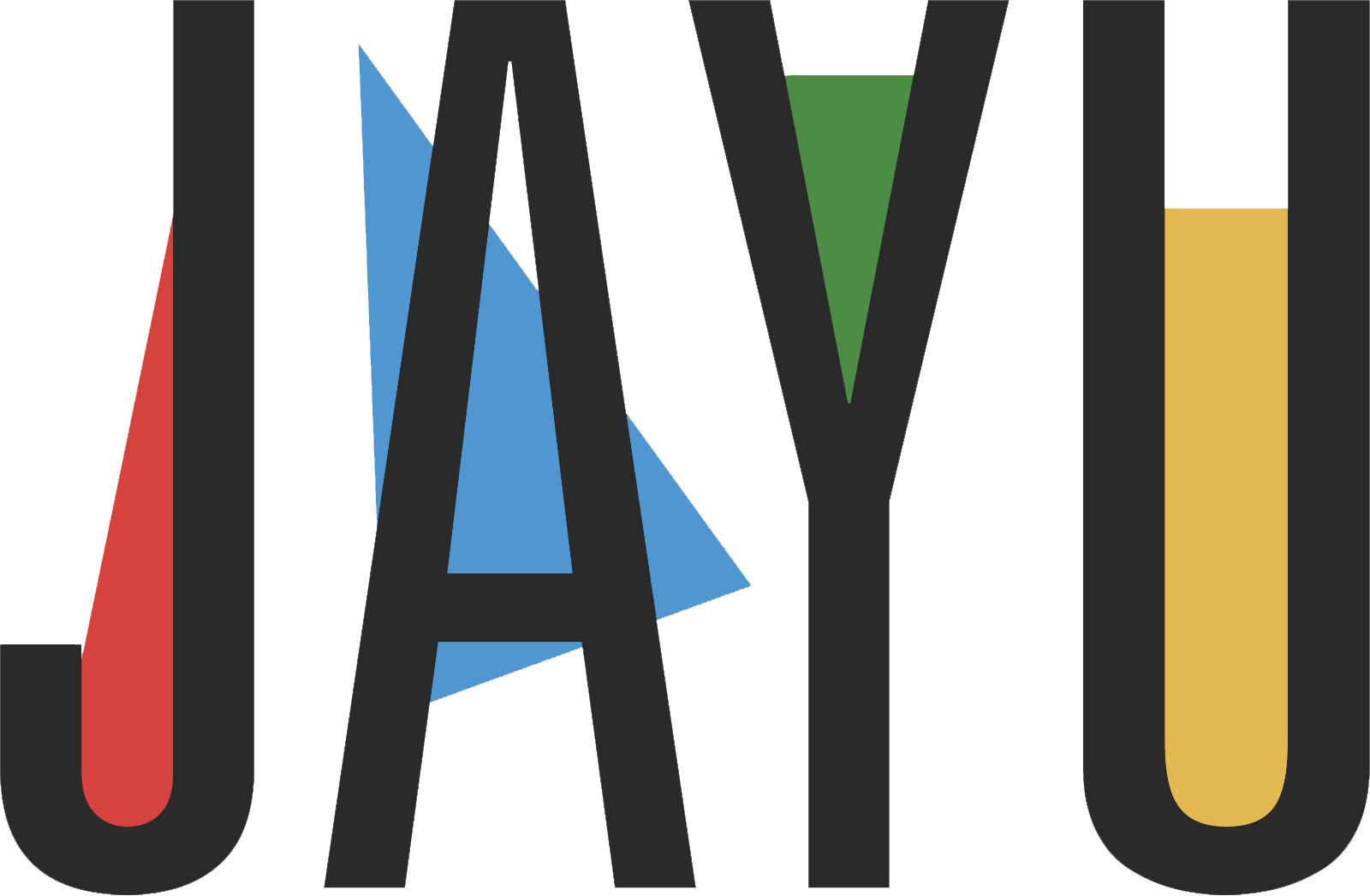Activism and Accountability: Why Accepting Your Mistakes is Important
Hi, my name is Emma. I study international development, and I would consider myself an activist. Through courses, reading, studying, and research I’ve completed, I’ve learned a lot about world issues. I’d like to think I’m quite knowledgeable on what is happening across the globe.
But that doesn’t mean I’m always right.
As an activist, it can be pretty difficult to admit when you’re wrong. We think that, because we’re trying to help people, our ideas must always be right. However, our moral imperative often blinds us from seeing how our actions are truly impacting others. It is a dangerous place we can get caught in that hastens our ability to become better people and activists.
Take me, for example. I wanted to write something honouring Black history month for our blog. I tossed some ideas around and finally fell on one that seemed to offer a general overview about the month. Upon sharing the article with our team, they helped me hit a learning moment. It wasn’t right for me to insert myself into this conversation as a white woman. Even if I thought I distanced myself from discussions that did not involve me, there were still issues with this piece. Who am I to say what is important about this time, or what it means to Black people? The bottom line is it was not my place to say it. At first, I was stressed about this-what would the team think of me? After discussing this with the group, however, I realized this stress could be dangerous. Of course, you should apologize for mistakes you’ve made, but we also need to accept the feelings that come with it. We are not always perfect activists, and mistakes are a part of becoming better at advocating.
Even some of my favourite activists make mistakes. Blair Imani, an activist I follow on Instagram, recently put out an apology for a post she made on colourism. As a Black woman who benefits from colourism, she learned from what happened: “[I]t’s actually perpetuating colorism and inappropriate for me to take up space in the conversation.” She took down the post and donated its ad revenue to the advocate that called her out. It was really inspiring to see Imani accept her mistake and commit to doing better in the future. With almost 400,000 followers, I think it is crucial for her platform to see this kind of activism and responsibility in action-I know it was a breakthrough moment for me. Quoting her colleague Erika Totten, Imani says “Accountability is a blessing.” In order to become better activists, we have to first step up and admit to our mistakes, which is why accountability can be a gift in disguise.
If we aren’t willing to be accountable or take responsibility, conversations that are supposed to bring issues to the table can devolve into hurtful arguments. Another activist and influencer I follow, Tashira Halyard, talked about this in a recent video on the controversy around Sharon Osbourne. In short, Osbourne launched a tirade against her Black co-host on The Talk, Sheryl Underwood, about Osbourne’s defence of Piers Morgan. Recently, Morgan publicly berated Meghan Markle’s powerful testimony of racism in the British royal family. Osbourne’s reaction to Underwood’s questioning was not only uncalled for, but it also highlights how being unwilling to listen can hinder growth and understanding of social issues and inequalities. Conversations where your actions are reflected upon can be uncomfortable, and people like Underwood try to make our environment as open to learning as possible. However, we must understand why we feel this discomfort, not react with vitriol and throw insults at those that are trying to help us see our mistakes.
In a culture where our photos, work, and thoughts are posted online for the world to see, it can feel like an even larger audience is seeing us make a mistake. But rather than trying to hide behind our actions and make up excuses, taking ownership can prevent us-and others-from making the same mistake again. We must be aware, specific, and responsible for our actions in the world, because we know we can do better.
So, let’s start over. Hi, my name is Emma. I study international development and would consider myself an activist. I centered myself in a conversation about Black history month as a white person who can never understand the full impacts or experiences of Black people throughout history. I recognize where I went wrong now, and I commit to doing better in my future work.
I made a mistake. I’m not always right. And that’s okay.
Accountability is a blessing.
